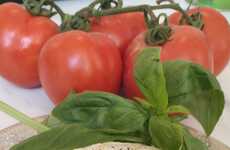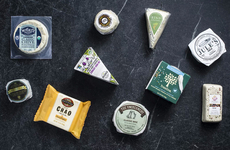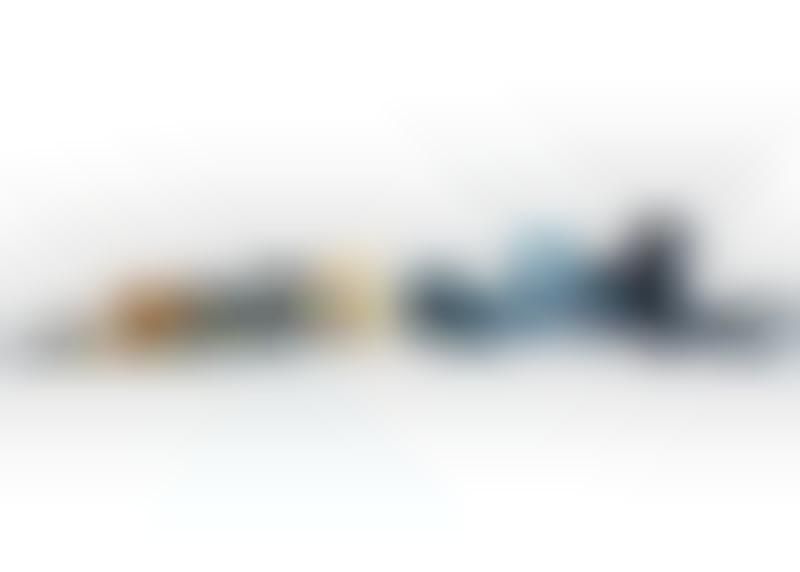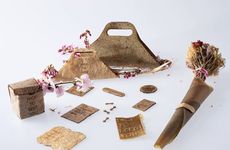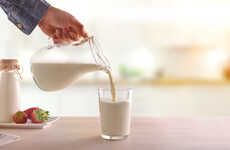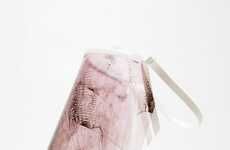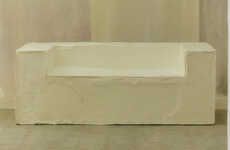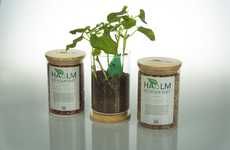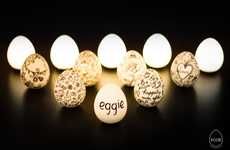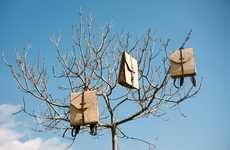
An Art Graduate Created a Milk-Based Alternative to Plastic
Mishal Omar — June 28, 2016 — Eco
References: cargocollective & dezeen
London-based artist and designer Tessa Silva-Dawson created a plastic substitute that is made from natural ingredients.
Called the 'Protein project,' the artist's creation consists of waste from a dairy farm in Sussex to create this unique material. The production process begins by using heat to separate the milk's curds, which are then dried out and "mixed with a natural plasticiser to turn them into pellets." By shaping and adding pigments to her creations, the artist proves that the material can be used to create other products.
What functions as a peculiar art piece is also an environmentally friendly plastic substitute that could reduce waste, reduce the use of synthetic plastics and overall have a smaller ecological footprint.
Called the 'Protein project,' the artist's creation consists of waste from a dairy farm in Sussex to create this unique material. The production process begins by using heat to separate the milk's curds, which are then dried out and "mixed with a natural plasticiser to turn them into pellets." By shaping and adding pigments to her creations, the artist proves that the material can be used to create other products.
What functions as a peculiar art piece is also an environmentally friendly plastic substitute that could reduce waste, reduce the use of synthetic plastics and overall have a smaller ecological footprint.
Trend Themes
1. Sustainable Materials - The use of milk-based plastic substitutes presents an opportunity for businesses to adopt more sustainable materials in their products.
2. Circular Economy - The creation of plastic substitutes from dairy waste highlights the potential for businesses to contribute to a circular economy by repurposing agricultural byproducts.
3. Bio-based Innovations - The development of milk-made plastic substitutes demonstrates the potential for companies to explore bio-based innovations and reduce reliance on traditional plastics.
Industry Implications
1. Food and Beverage - The food and beverage industry can leverage milk-based plastic substitutes to create sustainable packaging solutions that align with consumer demand for eco-friendly products.
2. Packaging - The packaging industry has an opportunity to embrace milk-based plastic substitutes as a disruptive innovation that offers a more sustainable alternative to conventional packaging materials.
3. Art and Design - The art and design industry can explore the use of milk-made plastic substitutes to create unique and environmentally friendly products, blurring the boundaries between art and sustainability.
3
Score
Popularity
Activity
Freshness


